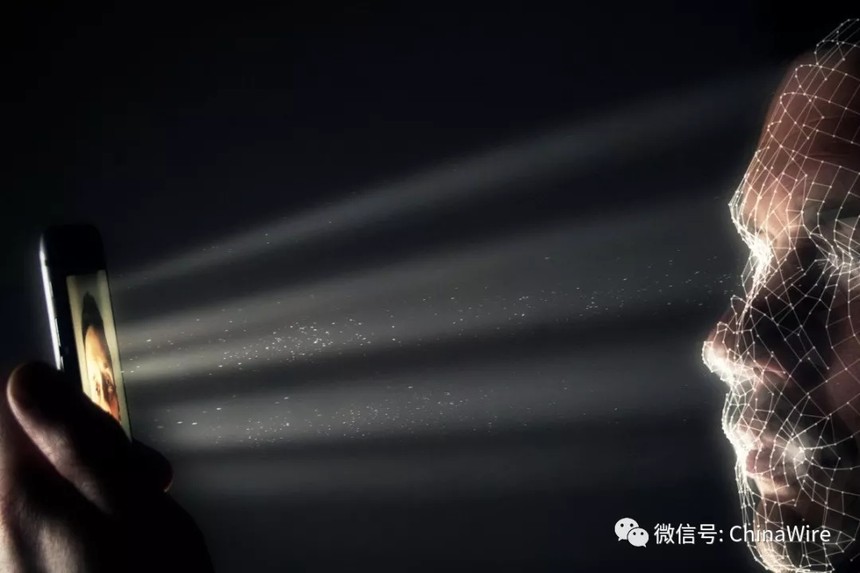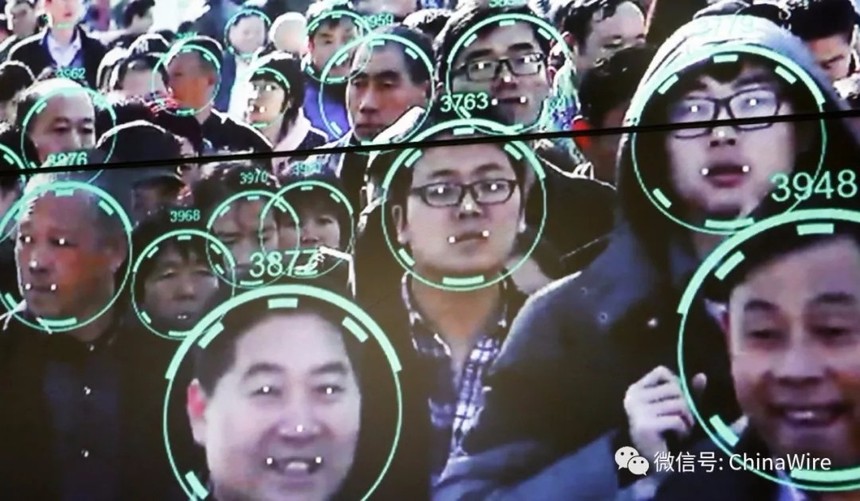|
Sleeping Chinese Man Robbed of $1,800: Facial Recognition Fail
Source: scmp.com A facial recognition system failed to protect a Chinese man from a pair of sneak thieves who managed to unlock his phone while he was sleeping and steal his life savings of more 12,000 yuan (US$1,800), according to a local television news report. The man from Zhejiang province, identified only as Yuan, contacted the police on Tuesday after noticing the money had disappeared from his bank account, the report said. Following an investigation, officers charged Yuan’s two roommates with the theft, saying they unlocked the phone while the victim was sleeping and used WeChat Pay to transfer the funds to their own accounts. The stolen cash was later returned to Yuan. The report did not name the brand of phone, but an unnamed police officer said it cost about 1,000 yuan. “It seems the facial recognition feature on Yuan’s phone isn’t very reliable,” he said. “We conducted our own tests and found you could unlock it even with the eyes closed.” Many smartphones are fitted with a facial recognition system as a security device, but not all require iris scanning, so they can be unlocked more easily.
China leads the world in facial recognition technology and it is rapidly becoming a feature of people’s day-to-day lives. Biometric computer applications that cross-reference huge databases of digital images and employ a variety of technologies, including iris scanning, are now widely used by security and surveillance teams to spot everyone from suspected criminals to jaywalkers. Tan Jianfeng, founder of Shanghai Zhongren Network Security Co, said that while fingerprint and facial recognition systems were useful, people should continue to use personal identification numbers to keep their personal data and finances safe. If a password is lost, you can change it, but biometric information is not reproducible,” he said. “Once it has been leaked, you can’t get a new face. In the era of big data, once a biometric authentication has been completed all of that information is converted into machine code – and as long as it is in that form it can be intercepted.” In 2015, China’s Ministry of Public Security launched a project to build theworld’s most powerful facial recognition database. Its aim is to be able to identify any of the country’s more than 1.3 billion citizens – by matching facial scans with the images on their identity cards – within three seconds and with an accuracy rate of 90 per cent. Meanwhile, Chinese technology companies like Tencent, which developed WeChat Pay, have adopted facial recognition systems for use in retail, traveland mobile payments. People can also now withdraw cash from ATMs using facial recognition. |



